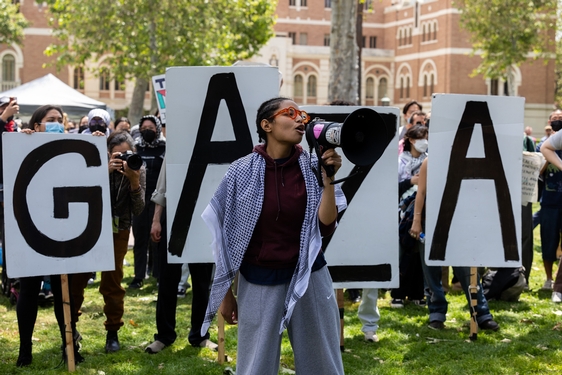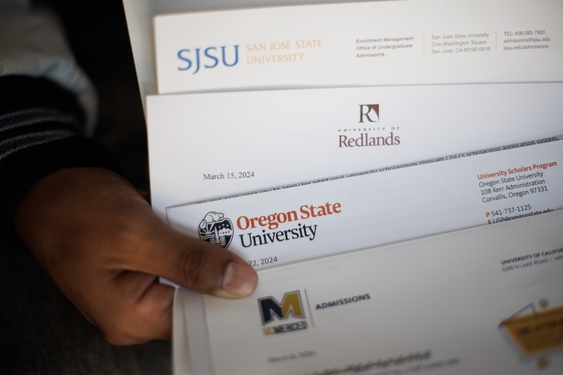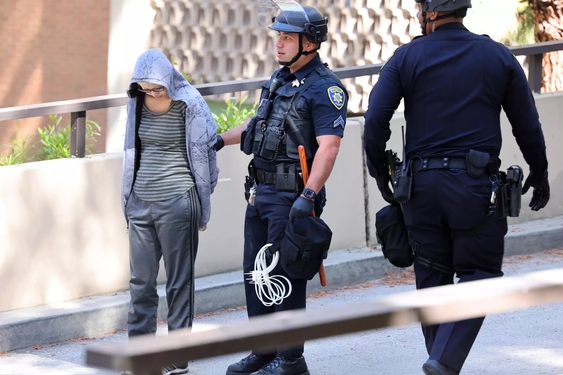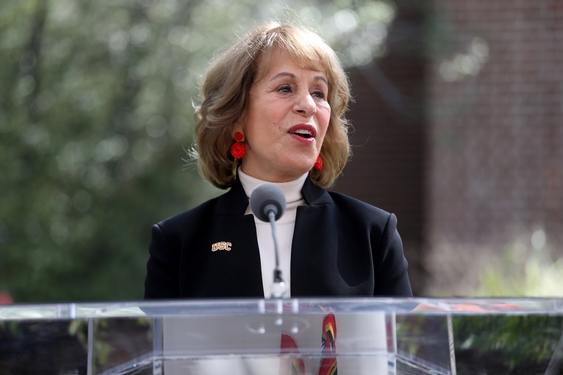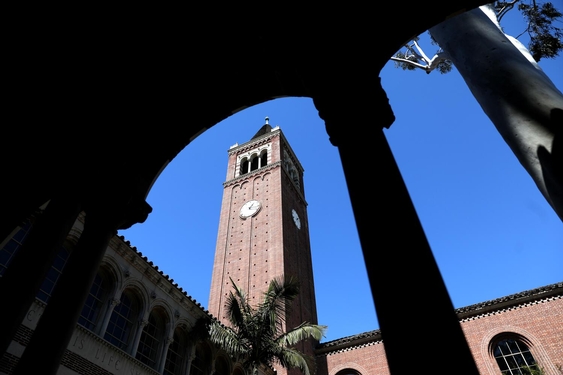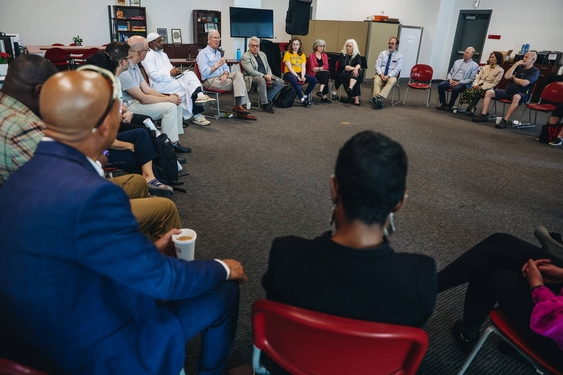The number of students studying in the United States fell 2.4 percent, to 572,509, the Institute of International Education reports in its annual Open Doors survey.
"We’ve suffered and it looks like we are going to continue to suffer a further decline in foreign student enrollment this year because we’ve made it too hard to get into the country," said Victor Johnson, associate executive director of public policy for the Association of International Educators in Washington.
"I think it’s recognized now by most people in our government that it’s time to step back from some of those measures which were put in place on an emergency basis after 9/11. We need to fine-tune them a little so they continue to serve the function of screening out people we don’t want to let in but they don’t have such a negative effect on legitimate people."
Peggy Blumenthal, vice president for educational services for the Institute of International Education, said the government had straightened out some of the problems by the summer, but the improvements aren’t reflected in the surveys.
Some of the areas that sent fewer students in 2003-04 were southern Africa, down 11.2 percent; Southeast Asia, down 7.4 percent; the Middle East, down 8.5 percent; and Europe, down 5 percent.
Students from the Mideast and students who want to study science are required to go through more strenuous background checks as part of their visa applications, said Blumenthal, of the Institute of International Education. The checks sometimes have taken months, she said, which probably has contributed to the decreases in those student populations.
While the United States made it harder for potential students to gain entry, she said, other countries became more aggressive about attracting students. Britain and Australia in particular are drawing more students, she said.
Johnson, of the Association of International Educators, said his organization thinks international organizations and the federal government should put together a strategy to recruit international students.
Even after the visa process is streamlined, Johnson said, the perception that getting into the United States is difficult probably will remain. Overcoming that obstacle will take a pro-active effort, he said.
(c) 2004, The Kansas City Star. Distributed by Knight Ridder/Tribune Information Services.





